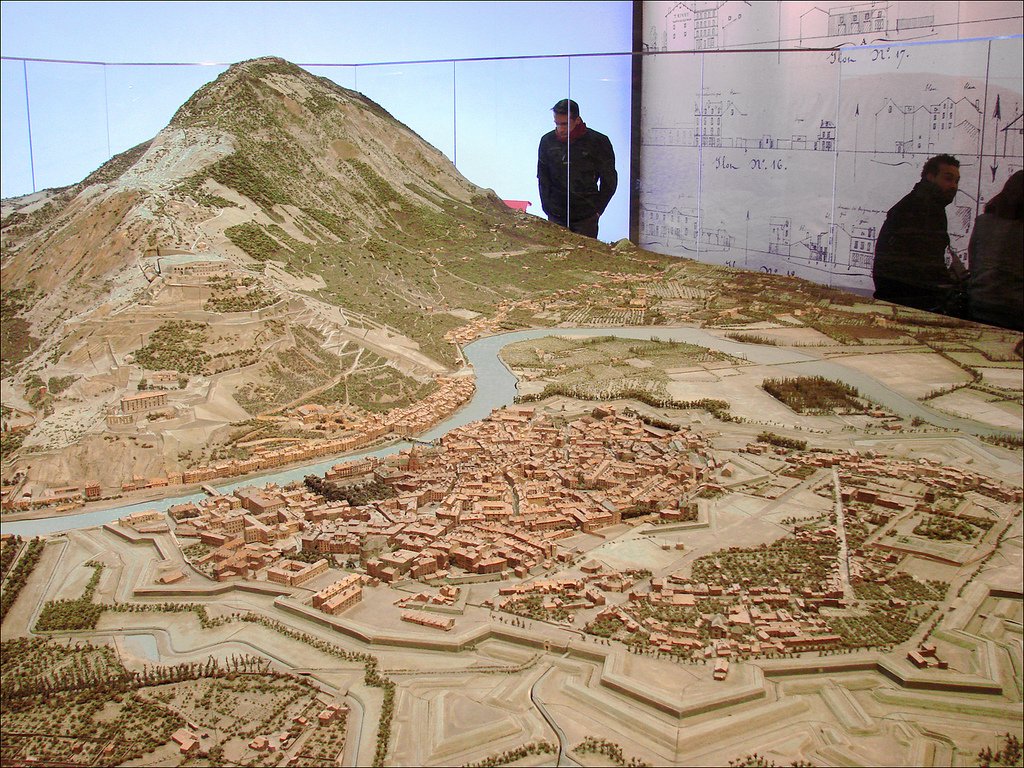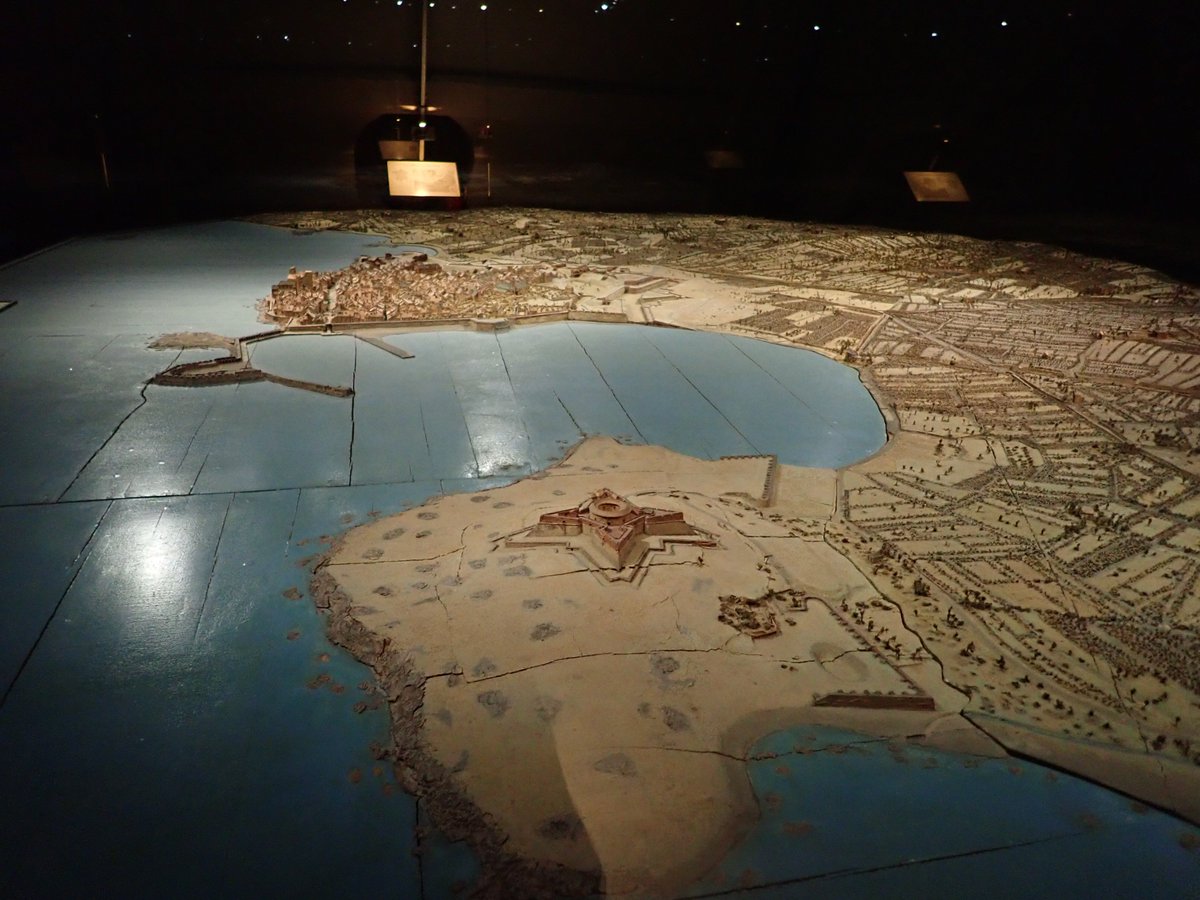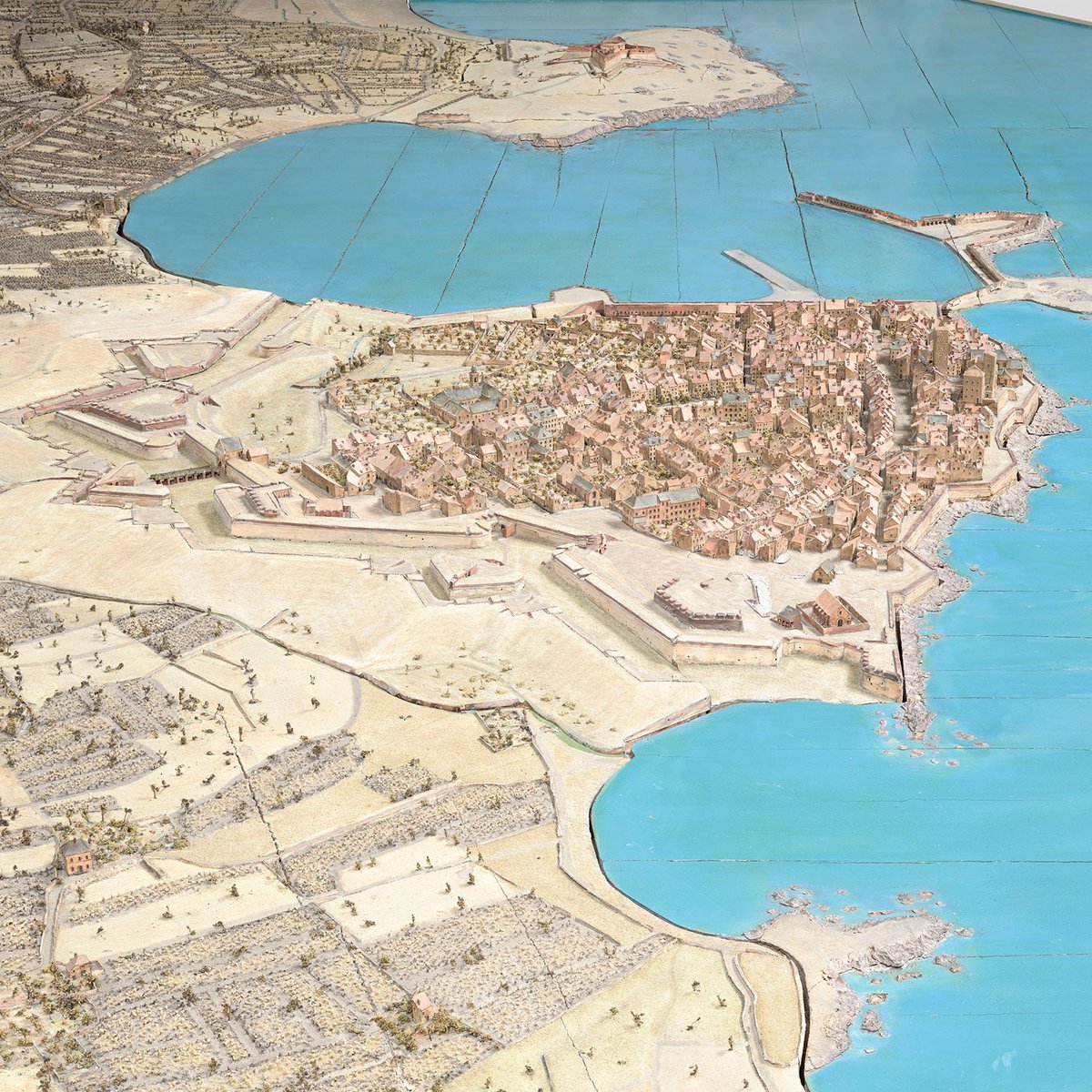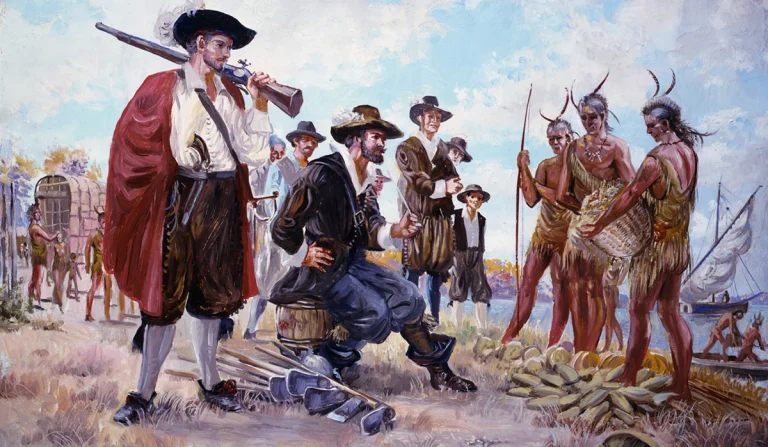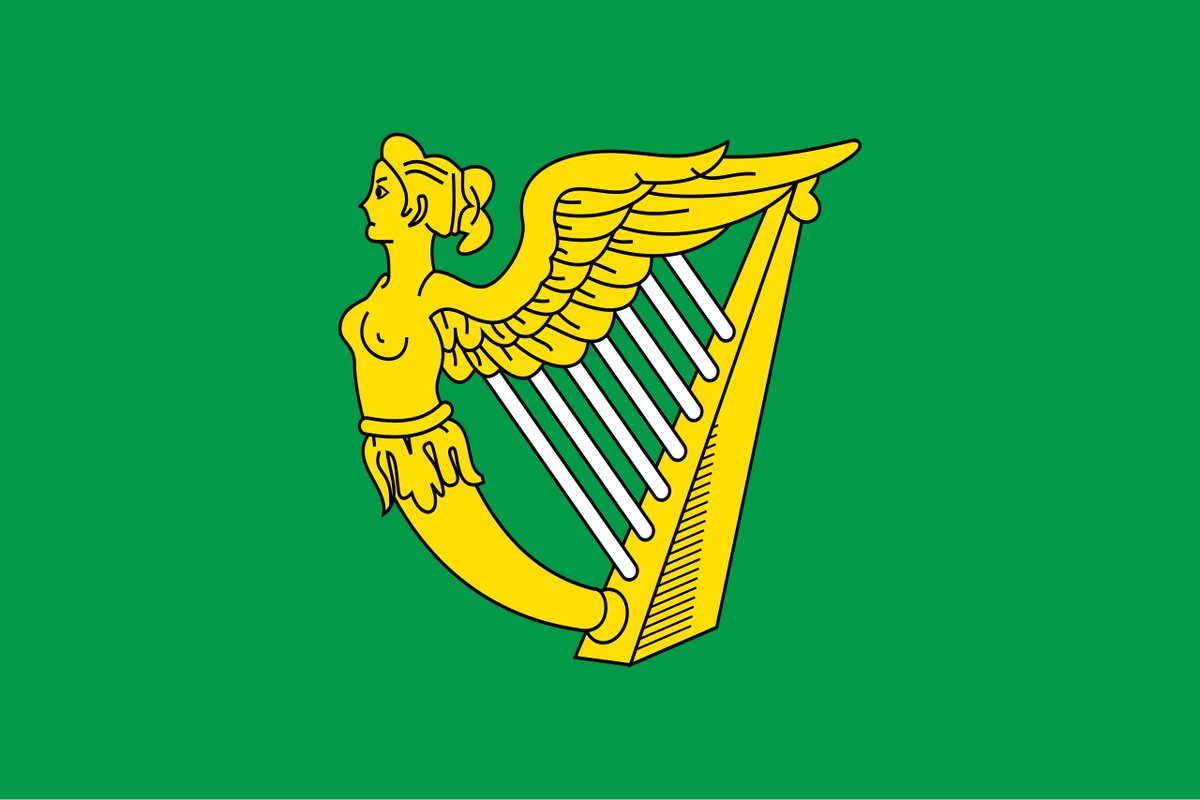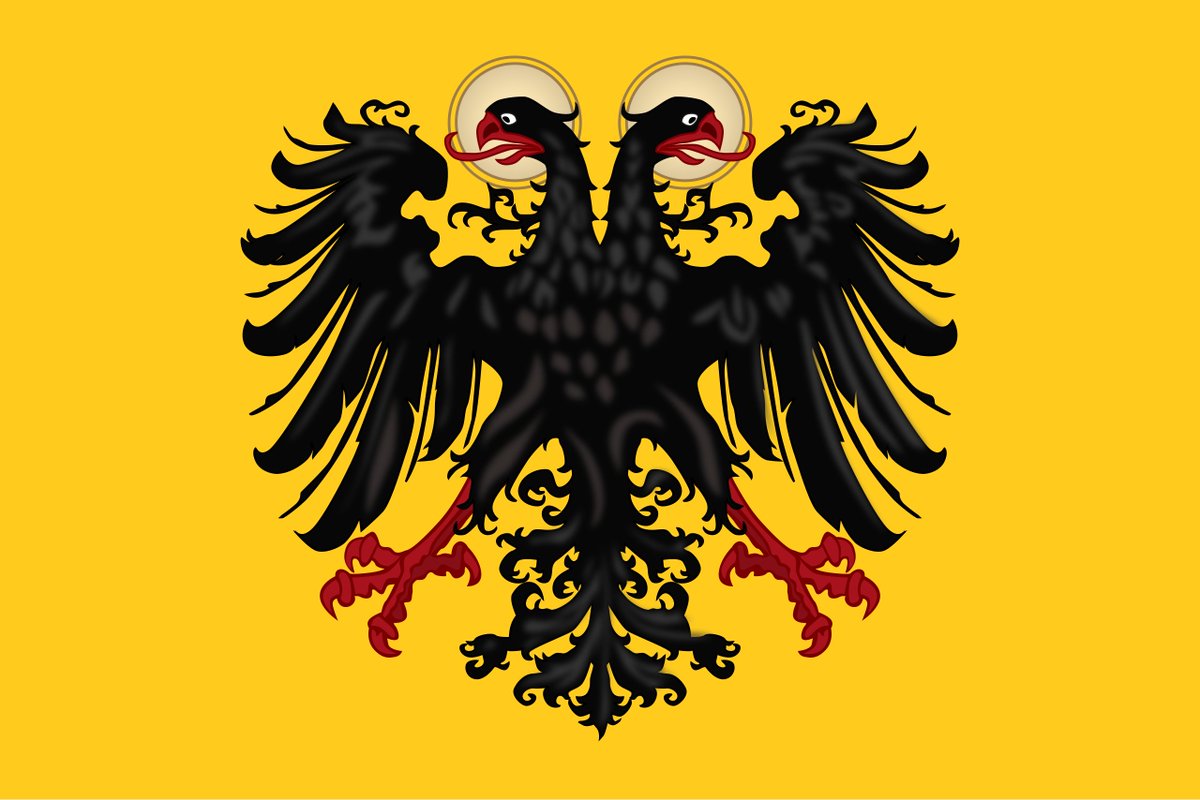This is where Napoleon first displayed his greatness.
The Siege of Toulon in 1793.
"I have no words to describe Bonaparte's merit: much technical skill, an equal degree of intelligence, and too much gallantry."
What was so impressive about this young Corsican man?
Let's see.
The Siege of Toulon in 1793.
"I have no words to describe Bonaparte's merit: much technical skill, an equal degree of intelligence, and too much gallantry."
What was so impressive about this young Corsican man?
Let's see.

The siege of Toulon was a very important battle for revolutionary French Republic as they faced an alliance of local rebels and foreign powers of the anti-French coalition. They had recapture the very important and well fortified naval base of Toulon. 
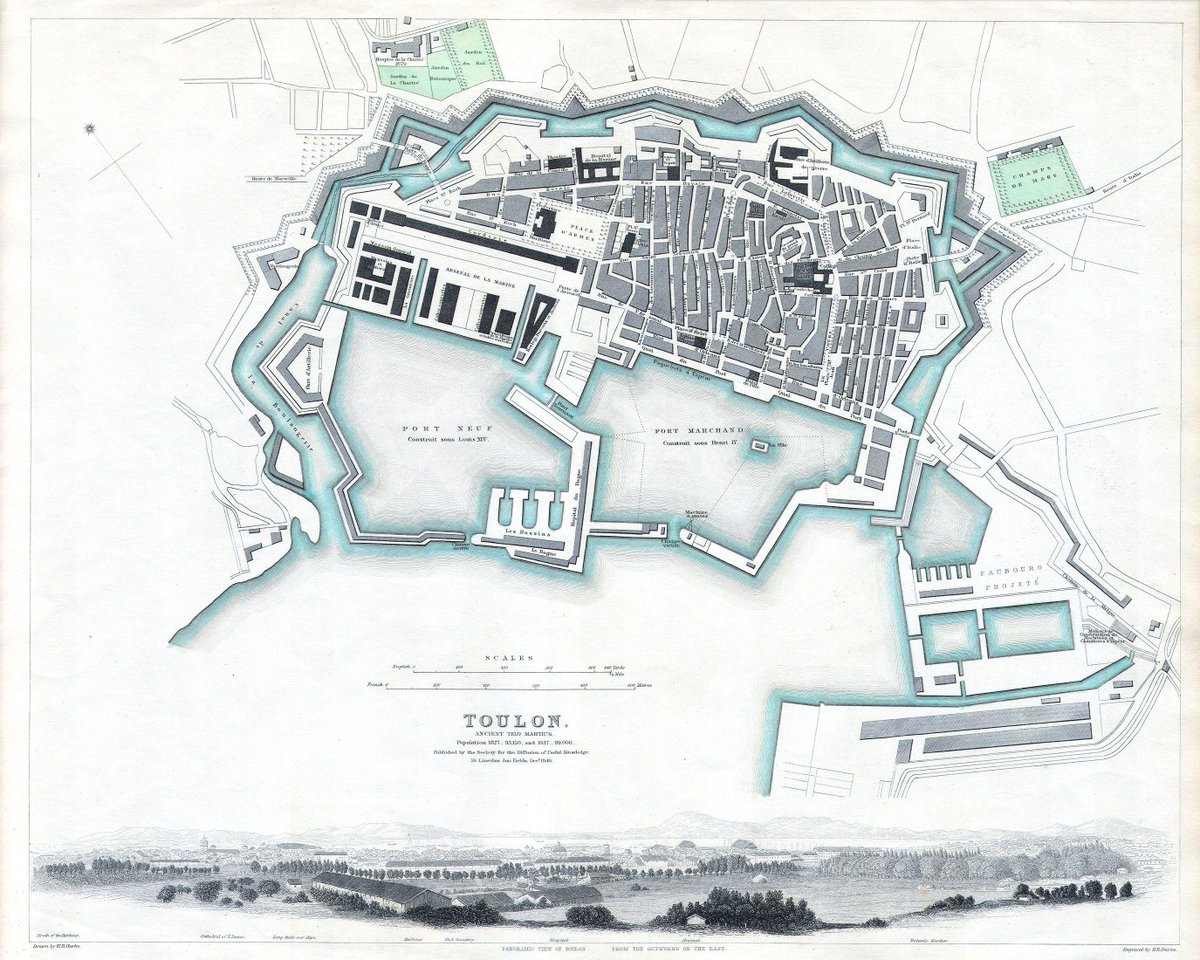
The insurrection in Toulon was aided by Britain, Spain, Naples, Sicily and Sardinia. If successful it would cripple the French navy which had one third of its ships stationed in Toulon, now in enemy hands. For the French Republic it was absolutely vital to win this battle. 

The forces of the French republic had a substantial numerical superiority but Toulon was a very tough city to besiege and the French leadership was very poor. The defenders were also able to get supplies uninterruptedly aided by British and Spanish ships which supported them. 

And here comes Napoleon who had just turned 24. He arrived to Toulon to replace the wounded commander of the artillery. At the time he was totally unknown and with only minimal combat experience from Corsica. 

Napoleon immediately saw that the French commanders had no idea what they were doing. He proposed to them a plan to capture the fort of l'Eguillette on the hill of Cairo from which he could bombard the city port and force the foreign allies of the rebels to flee on their ships. 

French commander Carteaux reluctantly accepted Napoleon's plan but committed much less men than Napoleon suggested to the offensive. Because of this the offensive not just failed but also alerted the British to strengthen the positions and fortified them. 

This demonstrates just how inept the commanders were and this frustrated Napoleon. However in the meantime Napoleon was winning the men over with his courage and bravado. He was also overseeing the construction of siege batteries and displayed tireless work ethic and dedication. 

At one point Napoleon invited representatives of French government to visit one of his batteries. He deliberately invited them to a very dangerous spot which was engaging the warships. After a near miss the representatives ran for cover while the amused Napoleon kept standing. 

Besides continuously exposing himself to danger, Napoleon was also one of few senior officers who slept in the forward positions with his men instead of in comfortable quarters behind the lines. 

Meanwhile the useless commander Carteaux was replaced by an equally useless former doctor Doppet until finally a career soldier Jacques François Dugommier took over. Dugommier instantly recognized the genius of Napoleon and was willing to fully commit to his plans. 



Napoleon's plan remained the same, to capture the hill Cairo and bombard the city from there. However this position was now well fortified and the French called it "little Gibraltar". Napoleon nevertheless planned a full assault on this position. 

As he arranged his battalions Napoleon placed one of the artillery batteries so close to enemy positions that everyone thought this was suicidal madness and that the soldiers would be too demoralized to take part. However Napoleon knew how to inspire his men... 

Napoleon decided to give this battery a name that would reflect the glory and prestige of taking part in such dangerous mission.
He decided to name it simply as the battery of the "Men Without Fear"!
He decided to name it simply as the battery of the "Men Without Fear"!

Napoleon recruited for this battery with following words, "I need men, real men, men with balls, certainly not sissies. I would never ask them to take an enemy position, but I insist that they follow me to that position. If you are one of those men, raise your hand." 

With this inspiring moment of pure charisma and leadership, Napoleon achieved that there was no shortage of volunteers for this "suicidal" battery and it became a badge of honor to serve among the "Men Without Fear"! Napoleon himself stood on the battery's earthen rampart! 

And here you can already see the glimpses of this great man who would put entire Europe on its knees. In a space of just few months, this unknown 24-year-old from Corsica convinced the men to fight and die for him with fanatical fervor. They wanted to fight for Napoleon! 

Napoleon's attack succeeded. During the crucial assault he took part in the brutal fighting himself and was wounded with a bayonet after his horse was killed beneath him. While he was recovering from this wound, the city of Toulon fell as the first of many victims of Napoleon. 

• • •
Missing some Tweet in this thread? You can try to
force a refresh



